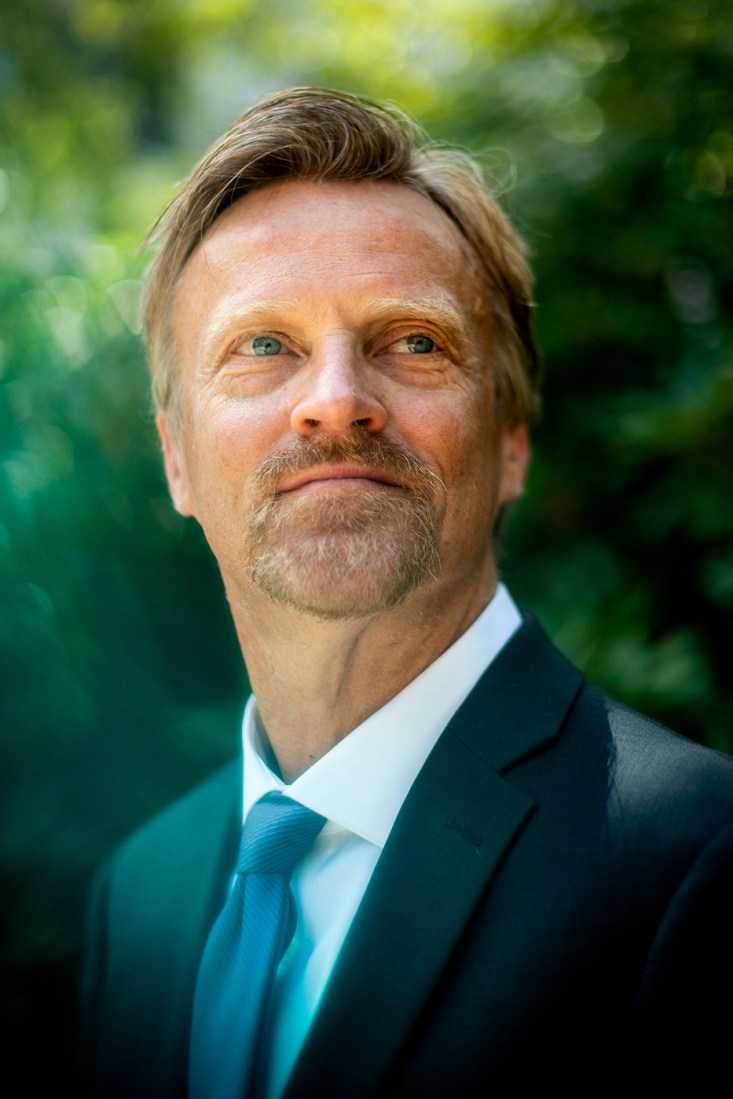Timothy Hoff wants to know how to prevent physician burnout — but it all comes down to context.
“My research has uncovered [some] factors that lead to burnout,” he says, “things like the corporatization of medicine in the U.S.,” which Hoff says that physicians chafe under.
But European physicians face burnout, too. “In the Europe case, there’s not going to be as much corporatization because they’re government run, or they’re government financed.”
The ability to interact with global scholars, then, provides valuable opportunities to further research in health care and management.

Hoff, a professor of management, health care systems and public policy at Northeastern University, was recently named to the Scientific Council of the European Academy of Management (EURAM), one of the first professors of an American university to receive that distinction.
More broadly, Hoff’s research focuses on “the social aspects and social structures of medicine and health care,” especially physician attitudes and behavior.
As a member of the Scientific Council, Hoff will serve in an advisory capacity. “The council’s role, formally, is to serve as a sort of expert, scientific resource to EURAM as an organization,” Hoff says.
The Scientific Council makes suggestions to EURAM around all manner of scholarly activities, from doctoral student development programs to awards to the kinds of research the society promotes.
Another function is to participate in panels at the annual EURAM meeting, which changes locations throughout Europe from year to year.
Hoff is also a member of the Academy of Management — a much larger organization, he notes, of over 15,000 members. He recently served as an associate editor of Academy of Management Discoveries, one of its flagship publications, and remains a member of its editorial board.
One of the benefits of EURAM is its comparatively small size of about 1,700 members (as of EURAM’s internal “Annual Report 2022”).
“It’s a much cozier kind of environment, where you can really get to know some people and get your work out there,” Hoff says. “It’s a very down-to-earth organization.”
“What’s interesting from the management scholarship standpoint is,” he continues, “we tend to all look at similar questions across different global contexts, but how we study them and some of the contextual influences that we look at differ — obviously — because countries differ, and how business looks across the globe differs.”
Hoff, who is also a fellow at Oxford University, says that he welcomes the opportunity for “cross fertilizing,” and to collaborate across borders. “I really like global networking, and I like meeting scholars from other countries and exploring possibilities for working together.”
For instance, Hoff notes that he and his European colleagues “both end up understanding what causes physician burnout. It’s just the factors I come up with are a little bit different than the factors they come up with, because the physicians are embedded in different systems in different contexts.”
By looking outside of their respective limited contexts, scholars can “understand physician burnout at a bigger level and [through] a wider angle lens,” Hoff says.
The next annual EURAM conference will take place in June, at the University of Bath School of Management in the United Kingdom, where Hoff will serve on a committee overseeing some of the awards given to EURAM members.
Hoff praises Northeastern for its encouragement of global scholarship. “When I go out and make a connection like this, I know the university is behind it as well,” he says. “It’s a great alignment of what we’re doing as faculty and what the university mission really is — to be a global university.”
“You want to expose yourself to ideas, scholarship, ways of thinking that are outside of your normal orbit.”
Noah Lloyd is a Senior Writer for NGN Research. Email him at n.lloyd@northeastern.edu. Follow him on X/Twitter at @noahghola.
